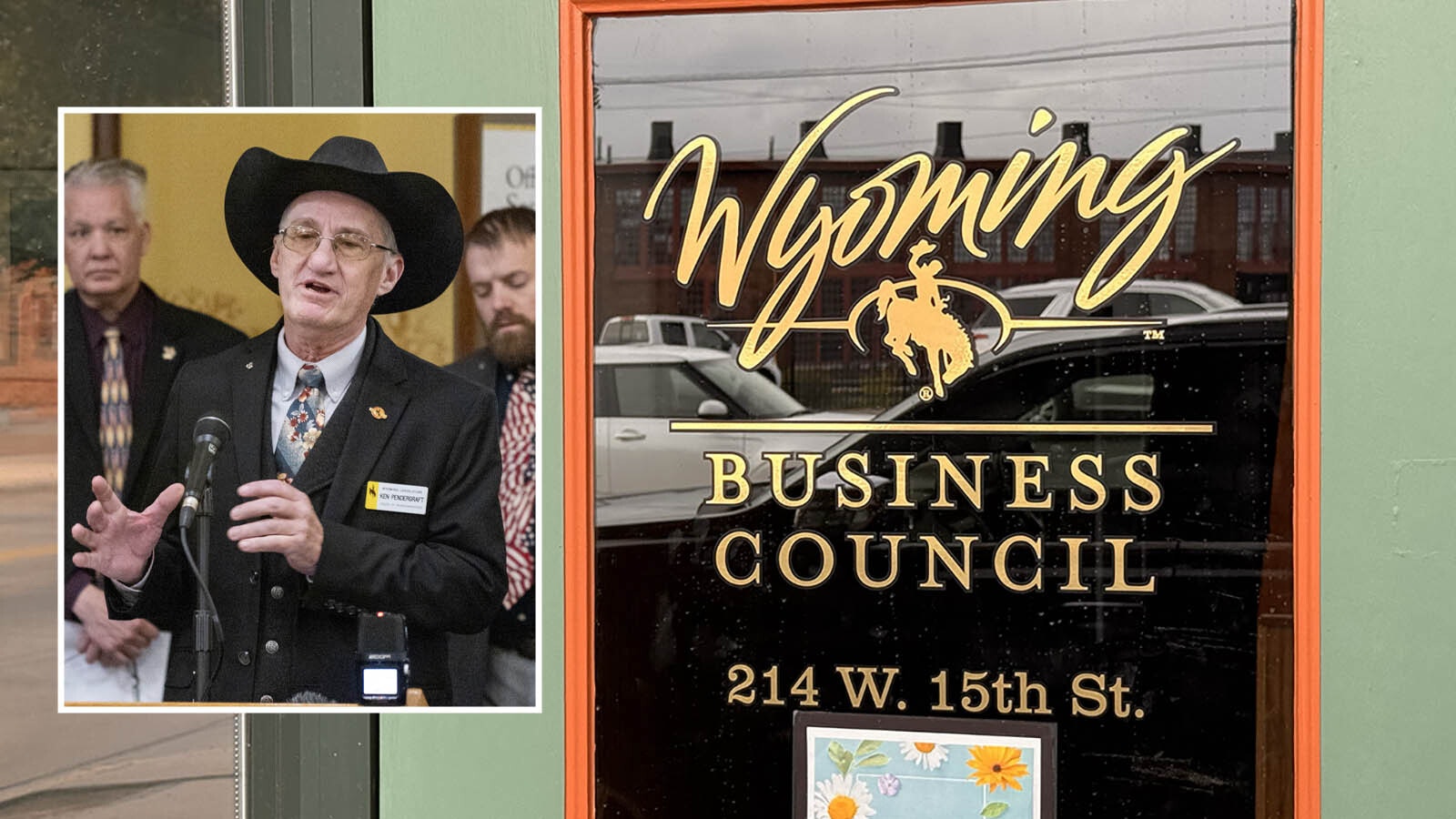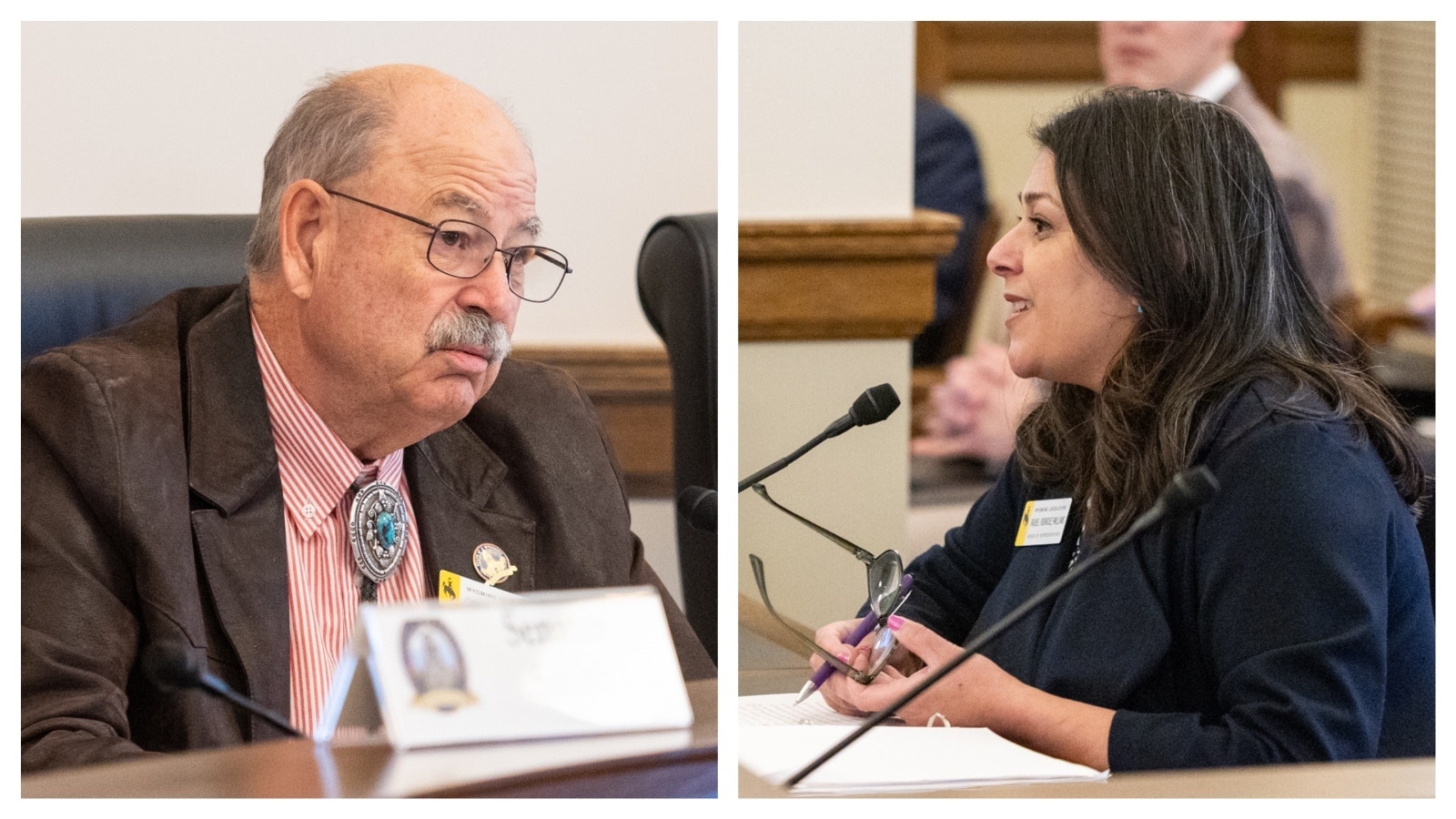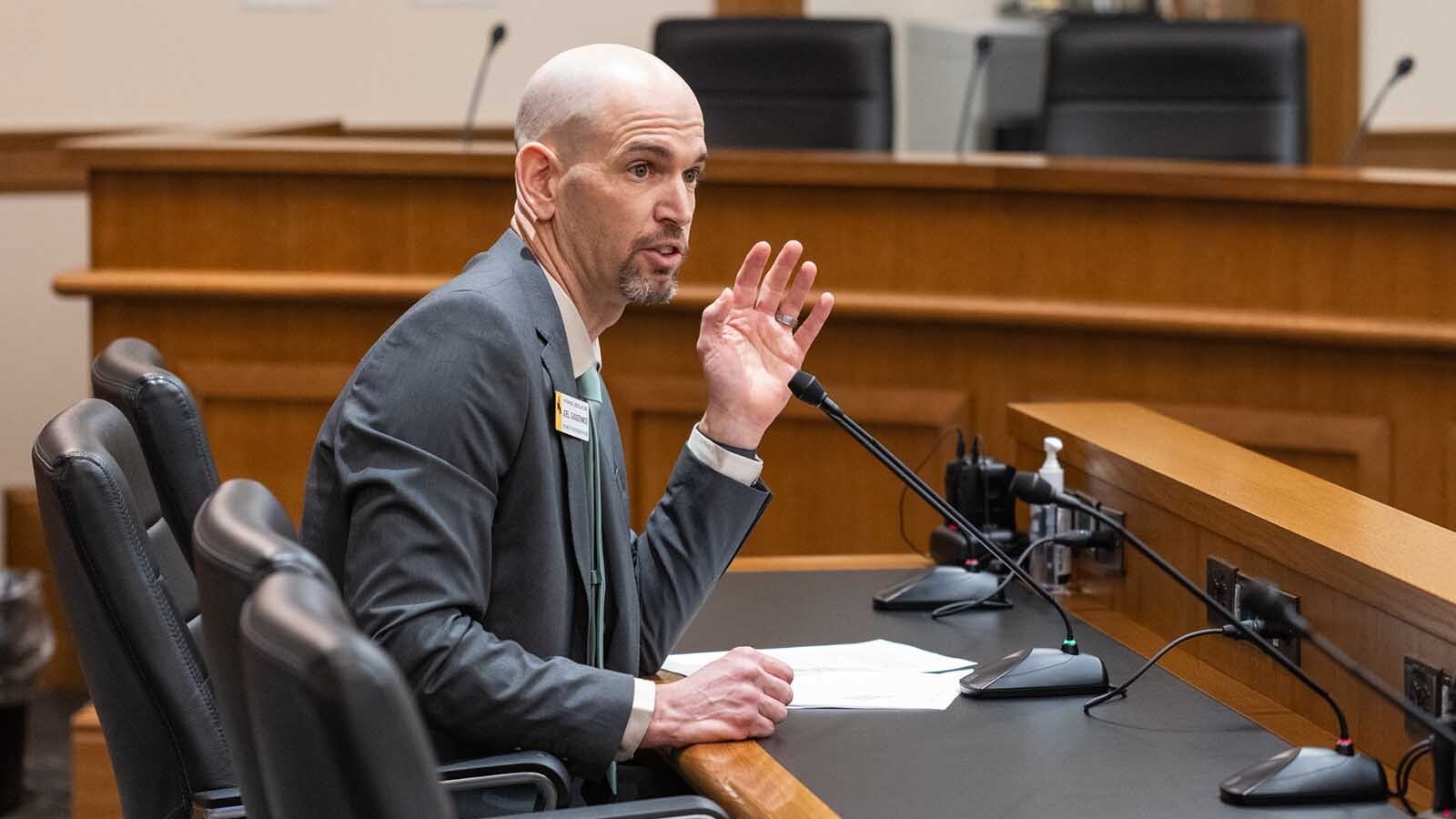A 15-year-old law gives contractors a 1% bid preference if at least 10% of a project’s labor hours are from apprenticeships.
But since the program was passed by Wyoming lawmakers in 2007, no contractors have used it, said Associated General Contractors of Wyoming Executive Director Katie Legerski. She testified to state legislators on the Senate Minerals, Business & Economic Development Committee on Wednesday.
Senate File 77 would repeal the program, which Legerski said is just too impractical to work.
While leaving the law on the books would not cause any harm, lawmakers Wednesday said they want to keep the books clean rather than having a useless law hanging around.
Why It’s Useless
Legerski cited Carey Junior High in Cheyenne as a prime example of the problems that cripple the program designed to boost apprenticeship opportunities, making it useless.
“There were 38 subcontractors, and that does not include the second-, third- or fourth-tier subs during the height of the construction on that project,” she said. “There were between 100 and 140 workers per day on the job site.”
Tracking apprenticeship hours over such a wide array of contractors was just too impractical to be worthwhile, Legerski testified.
There were internal discussions with the Wyoming Department of Workforce Services and past lawmakers to see if there was an easy fix to make the law workable, but nothing came of them.
Unions Say They Can Help
Tamsin Johnson, with AFL-CIO, recalled that lawmakers struck from the bill an item that would have listed local union halls among places where contractors could go for workers.
Johnson said the union has a waiting list of potential apprentices, but it can only take those where there are jobs waiting in the field.
“It’s a little bit of a chicken and an egg,” she said, adding it would be more useful if a “statute said also, go look at workforce services, go look at all these other places, but also look up, go to the local hiring halls and work out the deal.”
Johnson suggested she could put together an amendment to that effect to attach to another bill during the current session, if lawmakers have any interest in that, given that this one is about to be repealed.
“The unions want to put kids to work,” she said. “And they want to put their apprentices to work. And so there’s always room, especially when you’re working with unions, to negotiate and talk about what that would mean.”
SF 77, which repeals the apprenticeship preference program, passed unanimously with no objections.





